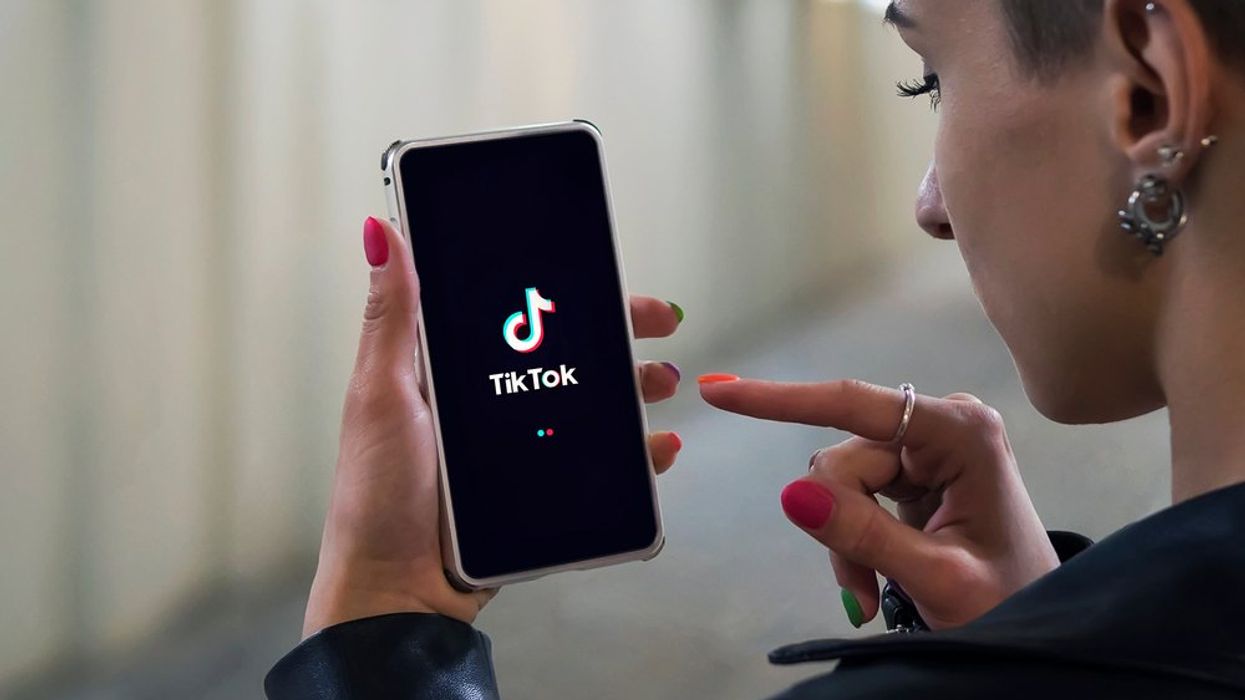'Not just wrong but dangerous': How social media is warping Americans’ view of the economy


Since President Joe Biden took office, unemployment has declined and stayed low, real wages are up for low-income workers, inflation is trending downward, consumer spending remains high and disposable income per capita is steadily rising. So why are so many Americans mad about the economy?
According to a new Washington Post report, social media could be playing an outsized role in determining how Americans perceive the strength of the current economy. The Post pointed to a viral 2022 TikTok in which a customer at an Idaho McDonalds posted that he paid over $16 for a limited edition "smoky" double quarter pounder BLT with large fries and a Sprite.
"So I get that there's a labor shortage. I get that there's wage increases and a number of other things," TikToker Topher Olive said in the video, which has amassed hundreds of thousands of views. "But $16? $16 for a burger, a large fry, and a drink. It's, it's just crazy."
POLL: Should Trump be allowed to hold office again?
In addition to Topher Olive's TikTok, the platform is full of viral content in which creators incorrectly assert that America is in the midst of a "silent depression." Another viral TikTok falsely claims that Americans have "the lowest purchasing power we have ever had in American history." The Post highlighted another post in which a creator wrongly stated that "we currently are making less than at the height of the Great Depression." The prevalence of viral content souring Americans on the economy now puts Biden administration between a rock and a hard place, as it has to walk a fine line between touting its on-paper economic accomplishments while not dismissing the concerns of struggling working-class Americans.
"I’m aware of that," Treasury Secretary Janet Yellen said on CNBC when asked about young voters' economic concerns. "I think it’s our job to explain to Americans what President Biden has done to improve the economy."
Of course, rosy economic data doesn't paint the entire picture of an economy in which millions of workers are still struggling. Stubbornly high interest rates have made homeownership a pipe dream for those who aren't already wealthy, with home sales hitting a 30-year low. With home sales down, more Americans are renting, straining available rental housing inventory with the resulting demand driving up the cost of rent. Many grocery items are still costlier than usual, even as costs for other items, like eggs, have gone down. Social media content creator Jordan Uhl told the Post that because the majority of TikTok's user base is comprised of younger Americans who work hourly jobs, it makes sense they gravitate toward content that's more reflective of their own economic reality.
"There’s this cadre of number-crunching paperwork obsessives who are convinced that if some report says inflation is slowing, that means everything is great and everybody who feels something different is either lying or brainwashed by TikTok," Uhl said. "The idea that people are just making this up or are misled about their own material conditions is absurd."
READ MORE: Americans are tiptoeing out of economic turmoil this holiday shopping season